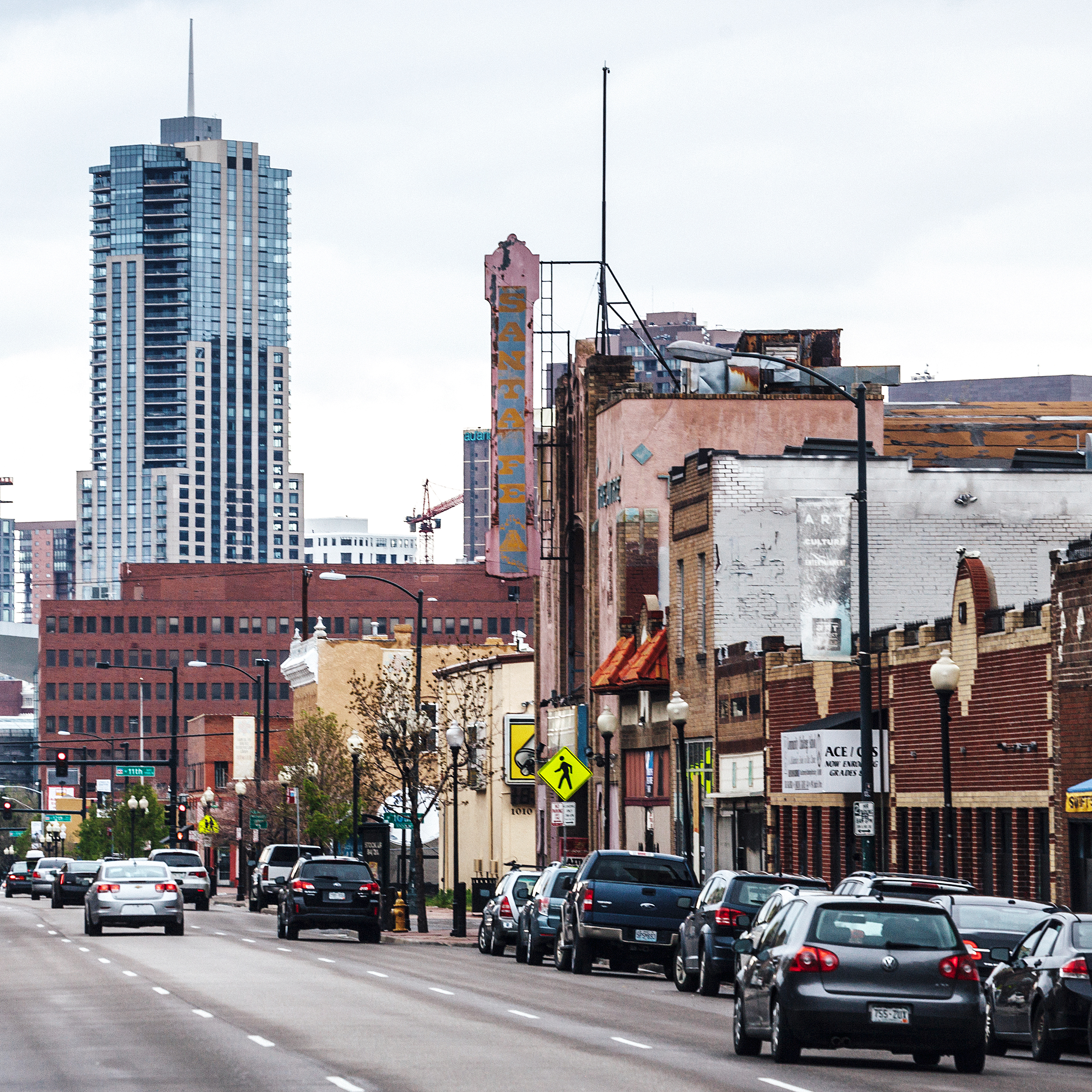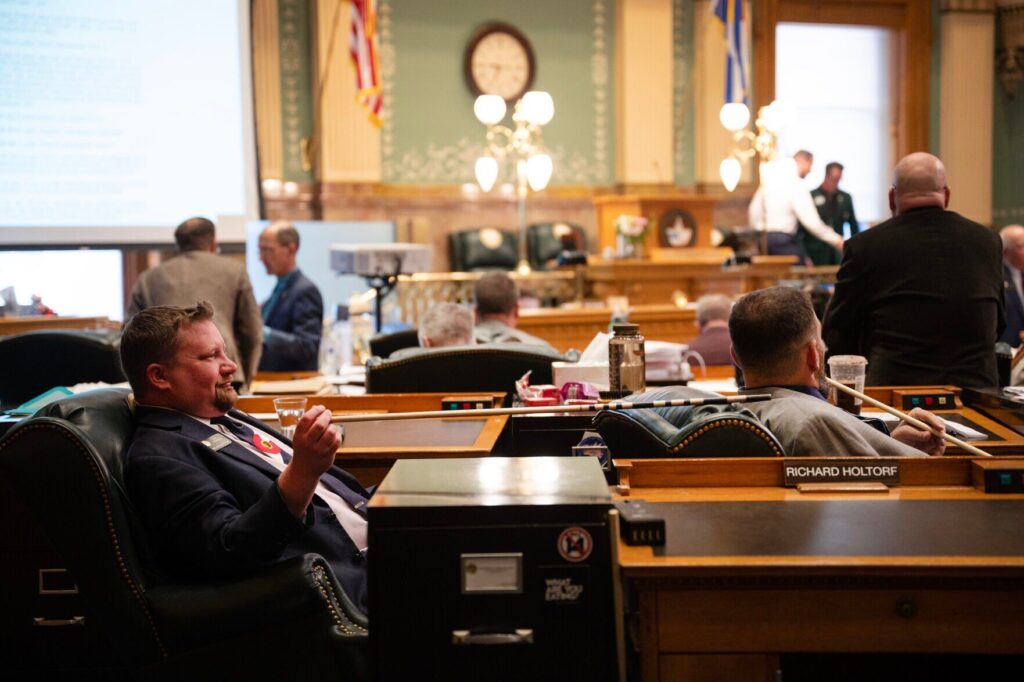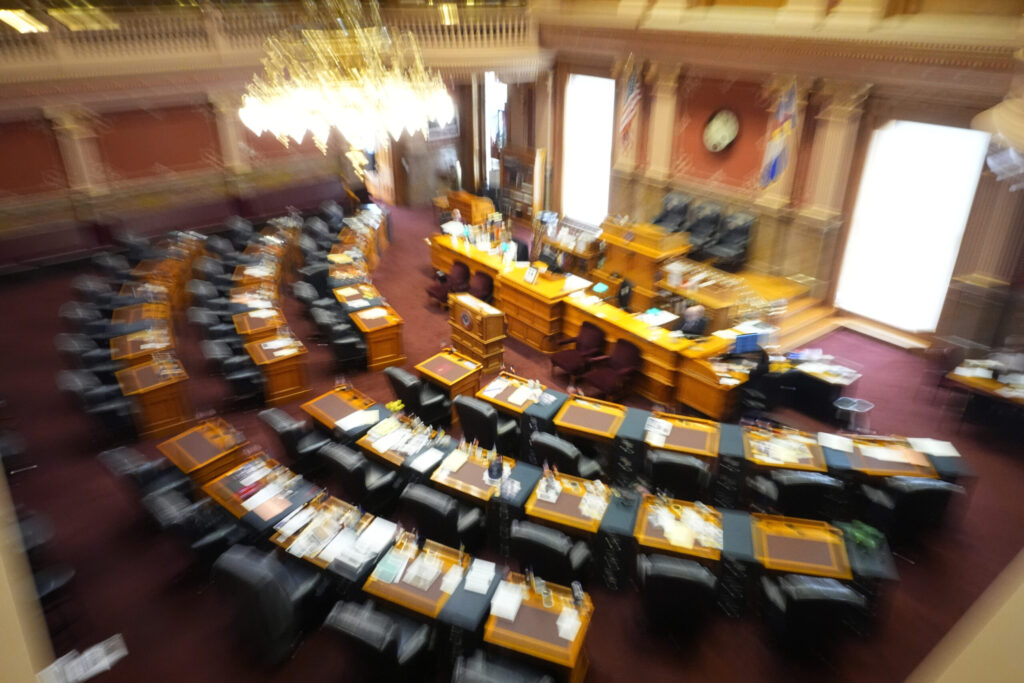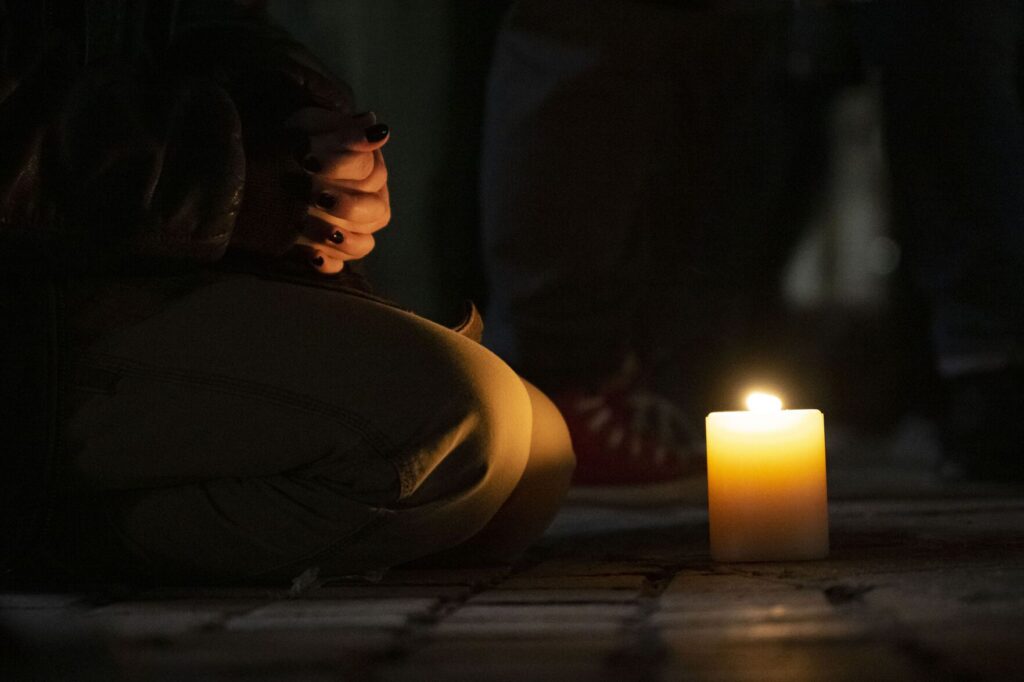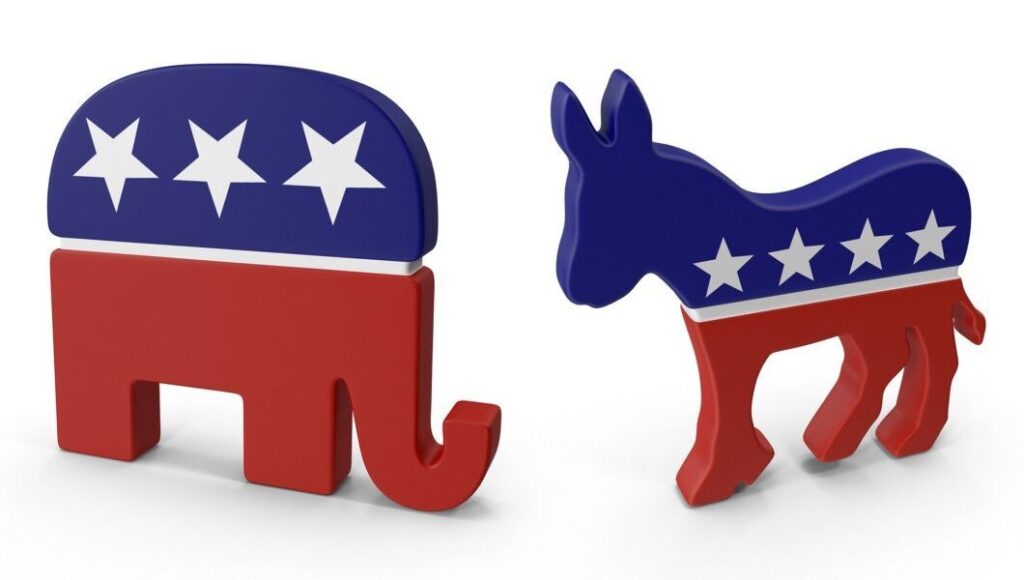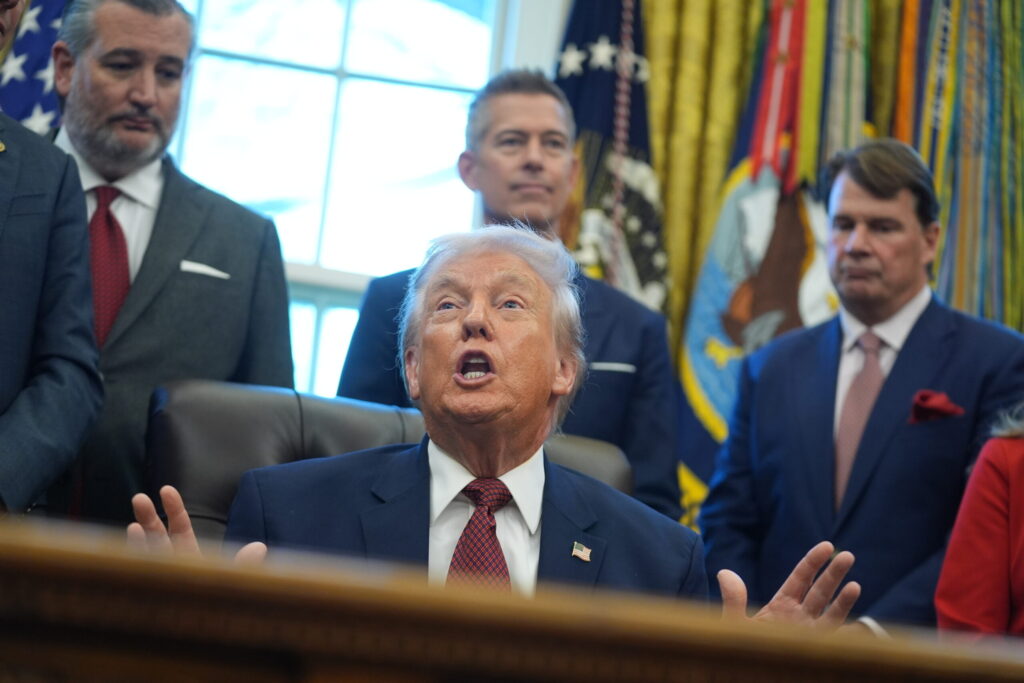$7.5M in aid for artists and venues offers ‘significant’ chance at recovery
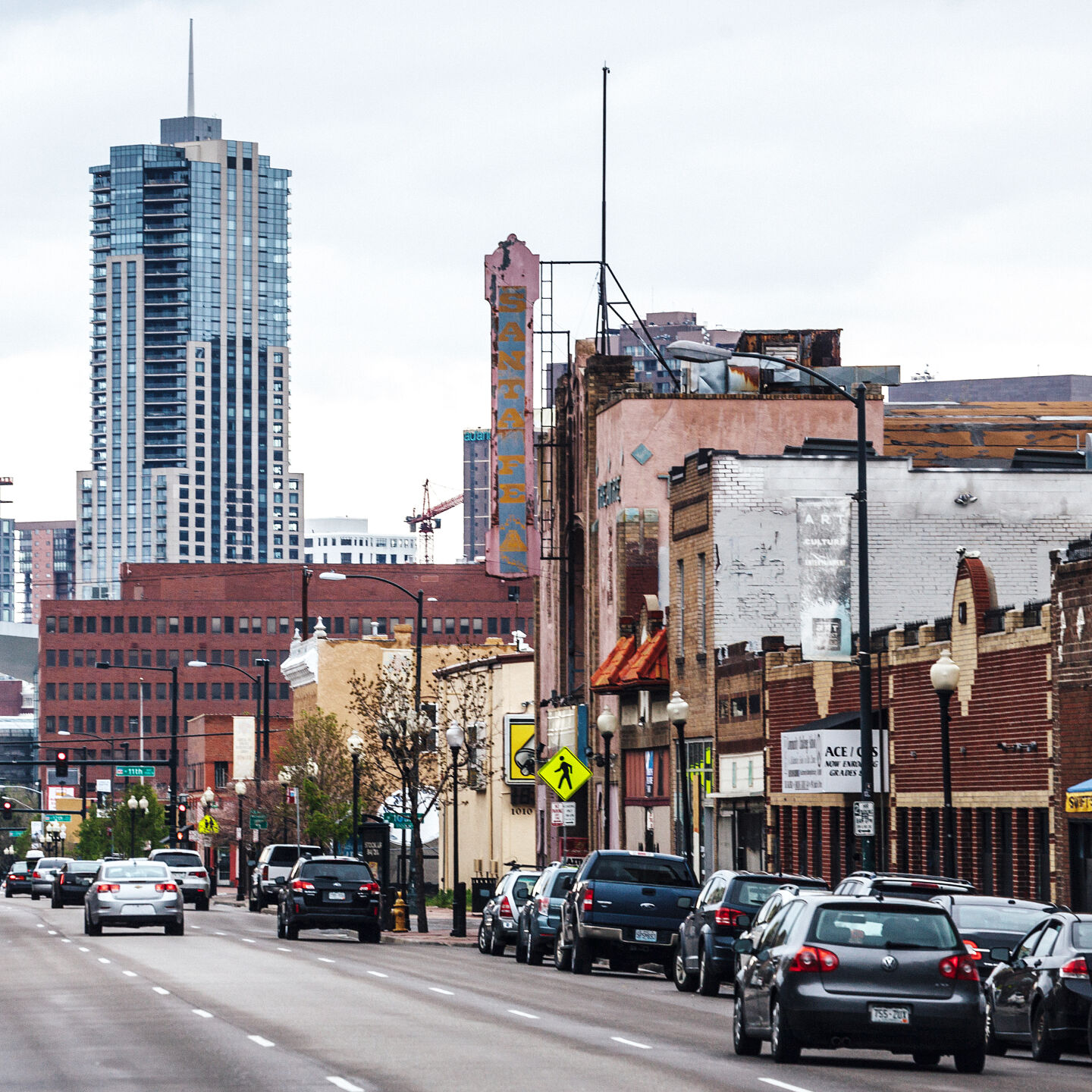
The $37 million small-business stimulus approved by the Colorado state legislature Wednesday includes $7.5 million for eligible individual artists and cultural venues.
That is an extraordinary accomplishment, the director of the state’s arts agency said Thursday, in part because it helps a vital sector of the economy that has not been included in previous state relief efforts. And $7.5 million represents four times more money than the Colorado Creative Industries’ entire COVID-ravaged 2020 operating budget.
“That is a significant number,” said CCI head Margaret Hunt. “It is going to be a bridge forward for many cultural organizations that have been devastated by COVID. This shows that the state of Colorado is stepping up at a time when the federal government isn’t doing anything.”
It’s called “The COVID-19 Arts Relief Program,” to be administered in partnership with the Redline Center for Contemporary Art. “We have a clear mandate from the legislature to prioritize help for those individuals who are in the greatest need, and those physical venues that are considered to be at the highest risk of permanent closure,” Hunt said.
So that would not necessarily include the region’s largest cultural institutions. It would include the many shuttered live music venues that have been teased for months with the possibility of federal relief from the now-stalled Save Our Stages Act. According to a survey by the National Independent Venue Association, 90% of the nation’s independent live-music venues will close permanently in the first few months of 2021 without federal funding.
The state’s new $7.5 million will be divided into two separate funds. One will target individual artists who can prove lost income opportunities in music, live theater, film, TV, dance or visual arts. The other will assist both nonprofit and for-profit venues that have been mostly empty since COVID-19 all but shut down the performing arts industry in March.
Colorado Creative Industries is a hybrid organization that serves both as the state arts agency, receiving much of its funding from the National Endowment for the Arts to assist area nonprofits, and as an economic development agency that is authorized to also assist for-profit businesses.
It’s uncommon for arts-funding programs ever to include for-profit companies, but BDT Stage Producing Artistic Director Michael J. Duran says his for-profit company is just as worthy of saving as any other business. “It’s absolutely a big deal what the state is doing, because if any company can somehow survive this, it’s good for all of us,” Duran said. “It’s good for the artists and employees who work for us, it’s good for our audiences and it’s good for the Colorado theater community.”
Exact eligibility requirements will be hammered out over the next few days. Hunt hopes to have online application forms posted by Dec. 11, and relief funds going out by the end of January. It’s too soon to know how much any stipend will turn out to be, but Hunt said she hopes the individual gift will be at least $1,000. “We want to make a significant difference,” she said.
Some caveats:
This relief funding is not intended for cultural groups that are receiving assistance from any other state source, Hunt said. That includes the Department of Local Affairs, which oversees the state’s Coronavirus Relief Fund. And because the priority is on saving venues, organizations that do not have their own venues are not eligible, Hunt said. Neither are those receiving state or federal assistance through their local municipalities.
The Colorado arts sector generates $15.6 billion a year, representing about 4.4% of the overall state economy, according to the U.S. Bureau of Economic Analysis. But 57% of the state’s 103,000 arts jobs were wiped out by the end of July, along with $1.4 billion in lost sales revenue, according to a study by Denver Arts and Venues and Colorado State University.
“Colorado ranks No. 1 in the percentage of residents who personally perform or create artworks,” Hunt said. “Arts, culture and entertainment are such a fundamental part of our identity as Coloradans.
“This year has been devastating. Our No. 1 priority right now is to let as many individuals and venues who have been negatively impacted know about these new resources as soon as possible.”
